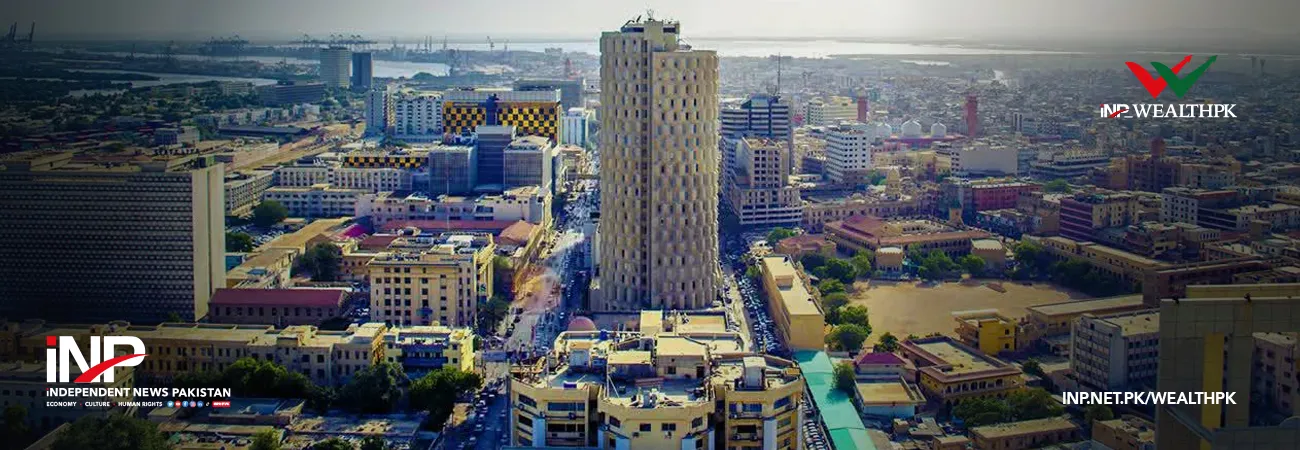INP-WealthPk
Ayesha Saba
Pakistan must reduce the socioeconomic gap between prime and secondary cities, to help support local economic growth, create jobs, boost industries, and link agricultural areas and markets. Dr. Durre Nayab, Joint Director of Pakistan Institute of Development Economics (PIDE), said this while talking to WealthPK. “The cities have been shown to grow faster than other areas due to several key factors. They concentrate economic activity, host a diverse and skilled workforce, foster innovation, attract investment in infrastructure and industries, and offer a multitude of job opportunities.” “The urban areas of Pakistan are incredibly promising. Cities like Karachi, Lahore, and Islamabad thrive economically, while second-tier cities face limited opportunities, poor infrastructure, and a wide socio-economic gap. “The growth rates, however, have been on a downward trend for the past 40 years and the investment to GDP levels has remained virtually flat for decades,” she said.
Expressing disappointment, Durre Nayab said, “Local governance in Pakistani cities is often weak and fragmented. Decentralization of power to the local authorities has been a longstanding issue. This results in a lack of autonomy and resources for local governments to make decisions that best serve their communities. “As a result, many decisions that should be made at the local level are often centralized, leading to inefficiencies and disconnects between the needs of the city and the actions taken,” she added. “Currently, we are only focusing on building roads for the cities, which is insufficient to develop them. In addition to creating opportunities for trade and employment, these roads must also attract investors.” “It is imperative that city-specific policies are formulated taking into account the regional, provincial, and national context. Today's successful economies have a small socioeconomic gap between prime and secondary cities, and Pakistan needs to address this issue,” she opined.
Talking to WealthPK, Mian Rajan Sultan Peerzada, President of Association for Development of Local Governance (ADLG), said, “Pakistan has faced significant variations in the development process of different regions, creating disparity within and between the regions.” “Effective urban planning is crucial for sustainable growth of secondary cities. This includes developing infrastructure, zoning regulations, and providing service.” He further mentioned, “One of the most critical issues in Pakistan is handling tensions between the local bodies and top-down strategies in secondary cities, i.e., the local government system, followed by the province and federal government systems.” “The government should take serious measures and promote effective development programs that equalize access to basic education and health facilities across the country,” he suggested.
Credit: INP-WealthPk




